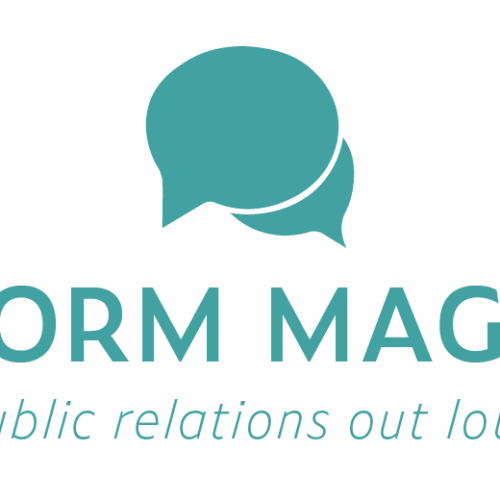The Perception of Deception
Published on February 23, 2023, at 3:00 p.m.
by Emilia Ciezadlo.

We’ve all seen those commercials where makeup products seem to magically vanish every pore on someone’s face. We want it to be true, but deep down we know it’s all posing, camera angles and editing. As public relations practitioners, we know that false advertising is not only wrong but illegal.
The Federal Trade Commission Act prohibits any false or deceptive advertising that misleads consumers, including those on social media. Recently, some content creators have actually been accused of breaking this regulation.
BackLASH

Whether it is someone holding up a product or providing an in-depth review, it seems like every video on TikTok is an advertisement nowadays. Many brands will often pay influencers thousands of dollars just to feature their products in the creators’ videos. However, influencers hold a significant responsibility to ensure their sponsored advertisements are not deceptive and comply with FTC regulations.
Mikayla Nogueira, a 24-year-old social media influencer, is famous for posting her detailed makeup looks and tutorials on TikTok. She currently boasts 14.4 million TikTok followers and a verified status. Nogueira has collaborated with brands such as Benefit Cosmetics, Elf Cosmetics and Charlotte Tilbury.
Recently, Nogueira received backlash over a sponsored post with L’Oreal. She began the video with the L’Oreal Telescopic Lift mascara applied to one eye and said, “This looks like false la-,” before cutting herself off. She then applied one coat of mascara to the other eye, cut the video and jumped to the finished look. Users immediately swarmed the comment section with accusations that Nogueira applied false eyelashes, but she denied it.
Everything comes back to PR

Whether or not Nogueira actually applied the false eyelashes, there is a perception of being deceptive. This questionable action not only affects people’s trust in Nogueira but also L’Oreal as a brand.
As PR practitioners, we strive to maintain positive relationships with our publics while still remaining honest. Though we are highly trained in crisis management, influencers may not be. It is important to ensure there is clear communication between the influencer and the brand, so there are never any contradictory statements. Though L’Oreal did not make an official statement on the matter, it is likely that someone within the company did see the video before it was shared.
To avoid such a situation, PR professionals can help before the influencer’s video is even posted. We are skilled at controlling a crisis before it even starts. My advice to these professionals is to take a step back and look at the big picture. If there is someone in this industry who can and should say something, it is us. With even a possibility of an advertisement or sponsored content being perceived as deceptive, consumers might fall into the trap of being misled.




